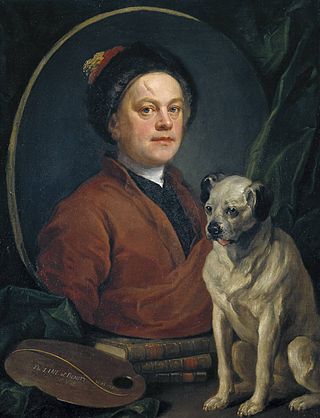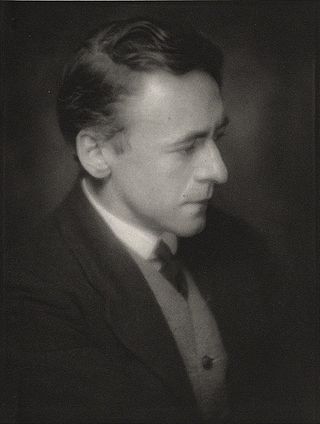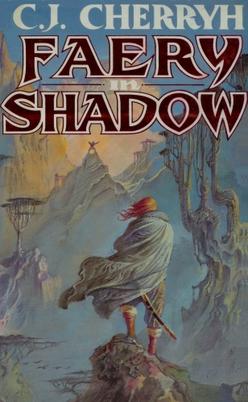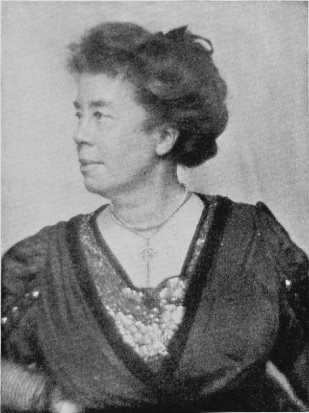Related Research Articles

Wilhelm Richard Wagner was a German composer, theatre director, polemicist, and conductor who is chiefly known for his operas. Unlike most opera composers, Wagner wrote both the libretto and the music for each of his stage works. Initially establishing his reputation as a composer of works in the romantic vein of Carl Maria von Weber and Giacomo Meyerbeer, Wagner revolutionised opera through his concept of the Gesamtkunstwerk, by which he sought to synthesise the poetic, visual, musical and dramatic arts, with music subsidiary to drama. He described this vision in a series of essays published between 1849 and 1852. Wagner realised these ideas most fully in the first half of the four-opera cycle Der Ring des Nibelungen.

Falstaff is a comic opera in three acts by the Italian composer Giuseppe Verdi. The Italian-language libretto was adapted by Arrigo Boito from the play The Merry Wives of Windsor and scenes from Henry IV, Part 1 and Part 2, by William Shakespeare. The work premiered on 9 February 1893 at La Scala, Milan.

William Hogarth was an English painter, engraver, pictorial satirist, social critic, editorial cartoonist and occasional writer on art. His work ranges from realistic portraiture to comic strip-like series of pictures called "modern moral subjects", and he is perhaps best known for his series A Harlot's Progress, A Rake's Progress and Marriage A-la-Mode. Knowledge of his work is so pervasive that satirical political illustrations in this style are often referred to as "Hogarthian".

Sir Arnold Edward Trevor Bax, was an English composer, poet, and author. His prolific output includes songs, choral music, chamber pieces, and solo piano works, but he is best known for his orchestral music. In addition to a series of symphonic poems, he wrote seven symphonies and was for a time widely regarded as the leading British symphonist.

John Gay was an English poet and dramatist and member of the Scriblerus Club. He is best remembered for The Beggar's Opera (1728), a ballad opera. The characters, including Captain Macheath and Polly Peachum, became household names.
This article contains information about the literary events and publications of 1611.
The Irish Literary Revival was a flowering of Irish literary talent in the late 19th and early 20th century. It includes works of poetry, music, art, and literature.

William Sharp was a Scottish writer, of poetry and literary biography in particular, who from 1893 wrote also as Fiona Macleod, a pseudonym kept almost secret during his lifetime. He was also an editor of the poetry of Ossian, Walter Scott, Matthew Arnold, Algernon Charles Swinburne and Eugene Lee-Hamilton.
Etain can refer to:

Albert Herring, Op. 39, is a chamber opera in three acts by Benjamin Britten.

Macbeth is an opera in four acts by Giuseppe Verdi, with an Italian libretto by Francesco Maria Piave and additions by Andrea Maffei, based on William Shakespeare's play of the same name. Written for the Teatro della Pergola in Florence, it was Verdi's tenth opera and premiered on 14 March 1847. Macbeth was the first Shakespeare play that Verdi adapted for the operatic stage. Almost twenty years later, Macbeth was revised and expanded in a French version and given in Paris on 19 April 1865.
Rutland Boughton was an English composer who became well known in the early 20th century as a composer of opera and choral music. He was also an influential communist activist within the Communist Party of Great Britain (CPGB).

Abhijnanashakuntalam, also known as Shakuntala, The Recognition of Shakuntala, The Sign of Shakuntala, and many other variants, is a Sanskrit play by the ancient Indian poet Kālidāsa, dramatizing the story of Śakuntalā told in the epic Mahābhārata and regarded as best of Kālidāsa's works. Its exact date is uncertain, but Kālidāsa is often placed in the 4th century CE.

Norman Macleod was a Scottish clergyman and author who served as Moderator of the General Assembly of the Church of Scotland in 1869/70.

Faery in Shadow is a fantasy novel by American writer C. J. Cherryh. It was first published in the United Kingdom by Legend Books in August 1993 in trade paperback, and the first United States edition was published by Ballantine Books under its Del Rey Books imprint in November 1993 in hardcover. It was nominated for the Locus Award for Best Fantasy Novel in 1994.
The Immortal Hour is an opera by English composer Rutland Boughton. Boughton adapted his own libretto from the play of the same name by Fiona MacLeod, a pseudonym of writer William Sharp.

Bernard Sleigh was an English mural painter, stained-glass artist, illustrator and wood engraver, best known for An Ancient Mappe of Fairyland, Newly Discovered and Set Forth, which depicts numerous characters from legends and fairytales. There is a copy of The Ancient Mappe in the Library of Congress in Washington, D.C. He was a member of the Royal Birmingham Society of Artists between 1923 and 1928. As a young man, Sleigh was greatly inspired by the work of George MacDonald and William Morris.

Helen Hopekirk was a Scottish pianist and composer who lived and worked in Boston.
This is a summary of 1914 in music in the United Kingdom.

Elizabeth Amelia Sharp (1856–1932) was a critic, editor and writer, and married to the Scottish writer, William Sharp also known by his pseudonym Fiona MacLeod. William Sharp (1855–1905) was her first cousin, his father David was a younger brother of Thomas, Elizabeth's father. They had no children.
References
- ↑ The Immortal Hour: A Drama in Two Acts, edited and annotated by Laura Wilson. R J Stewart Books, 2009
- ↑ The Life and Letters of William Sharp and “Fiona Macleod” , Vol.2, Ch. 19 and 20
- ↑ Fiona Macleod's introduction to The Immortal Hour
- ↑
- Warrack, John and West, Ewan (1992), The Oxford Dictionary of Opera, 782 pages, ISBN 0-19-869164-5
- ↑ Hurd, Michael. Notes to The Immortal Hour, Hyperion CD 22040 (1983)